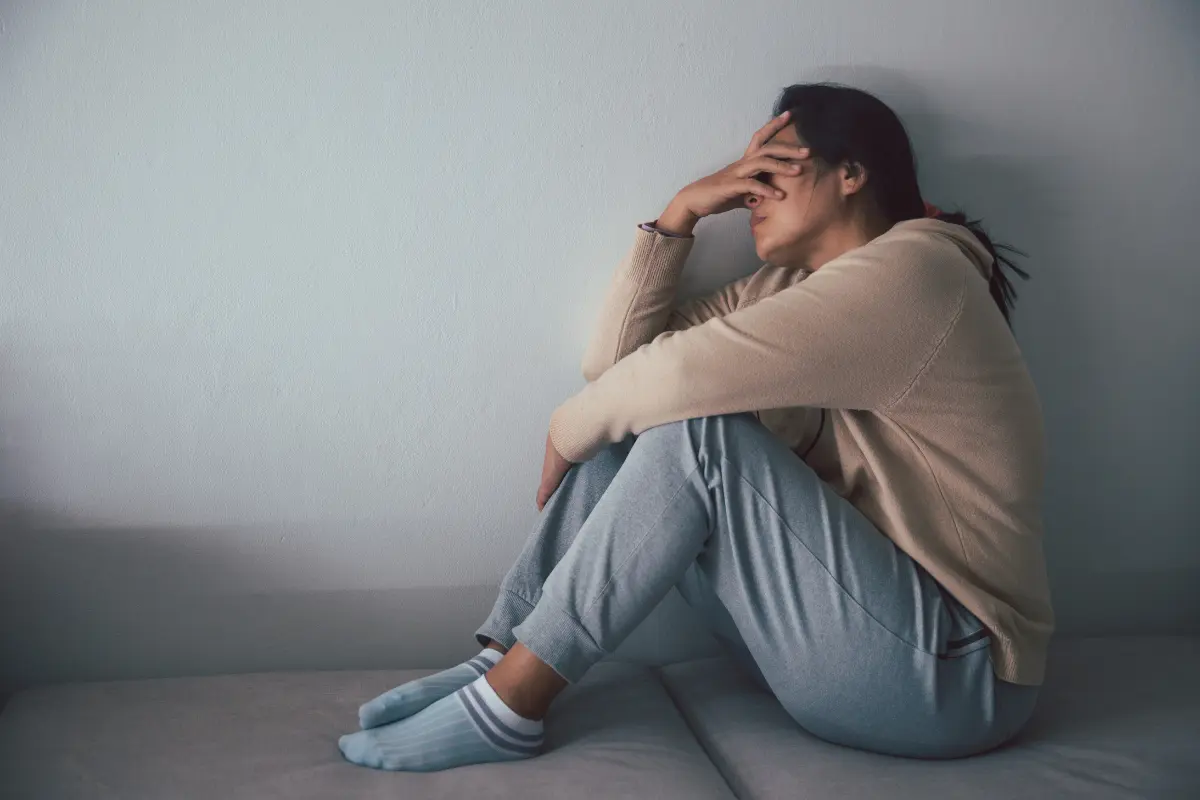Ladyboys and Mental Health: Unique Struggles
Ladyboys, also known as transgender women or trans women, face unique mental health challenges due to the intersection of gender identity and societal perceptions. Understanding these struggles is essential to provide proper support and promote mental well-being within this community.
Gender Identity and Mental Health
The journey of self-discovery and self-acceptance is a pivotal aspect of a ladyboy’s life. The struggle to align their gender identity with societal expectations and prejudices against transgender individuals can have profound effects on their mental health.
- The struggle for self-acceptance: Many ladyboys grapple with self-acceptance due to societal expectations and prejudices against transgender individuals.
- Identity confusion: Navigating gender identity can be confusing, leading to anxiety and depression.
- Social stigma: The pervasive stigma around being transgender can lead to feelings of isolation and shame.
Access to Healthcare
Access to proper healthcare, both physical and mental, is crucial for anyone, but ladyboys often face significant barriers when seeking medical support. Discrimination within healthcare settings can exacerbate their mental health challenges.
- Barriers to medical care: Ladyboys may encounter discrimination when seeking healthcare, hindering their access to mental health services.
- Hormone therapy: Hormone replacement therapy is often necessary for transitioning but can have emotional and psychological impacts.
Family and Social Support
The support system provided by family and friends plays a critical role in an individual’s mental well-being. For ladyboys, family acceptance and social connections can significantly impact their mental health and overall life satisfaction.
- Family acceptance: Lack of acceptance from family members can result in estrangement and emotional distress.
- Social isolation: Ladyboys may experience isolation from both cisgender and transgender communities, impacting their mental well-being.
Discrimination and Violence
The pervasive discrimination and violence faced by ladyboys can lead to severe psychological trauma. Understanding the unique challenges they encounter in this regard is vital for addressing their mental health needs.
- Hate crimes and discrimination: The risk of violence and discrimination is higher for ladyboys, leading to trauma and anxiety.
- Microaggressions: Daily encounters with microaggressions can take a toll on mental health.
Intersectionality
- Unique struggles within the transgender community: Ladyboys face distinct challenges compared to trans men and non-binary individuals.
- Cultural factors: Cultural norms and expectations can exacerbate mental health issues for ladyboys in certain regions.
Coping Strategies and Resilience
Ladyboys demonstrate incredible resilience in the face of adversity. Exploring the coping strategies they employ and the resources available to them can shed light on how to better support their mental health.
- Peer support: Building a support network within the transgender community can provide comfort and understanding.
- Therapy and counseling: Professional help can assist in managing mental health challenges.
- Advocacy and awareness*: Raising awareness about ladyboys’ unique struggles can promote societal acceptance and support.
Ladyboys and Mental Health Conclusion
Ladyboys’ mental health struggles are multifaceted and deserve attention and support. By understanding the intersection of gender identity, societal perceptions, and unique challenges faced by ladyboys, we can work toward creating a more inclusive and mentally healthy world for all.


